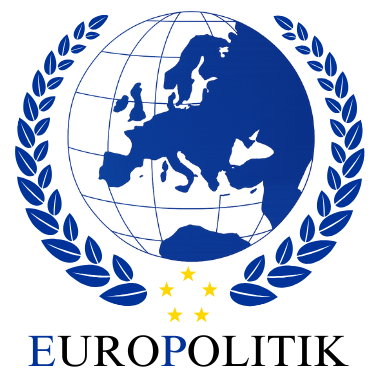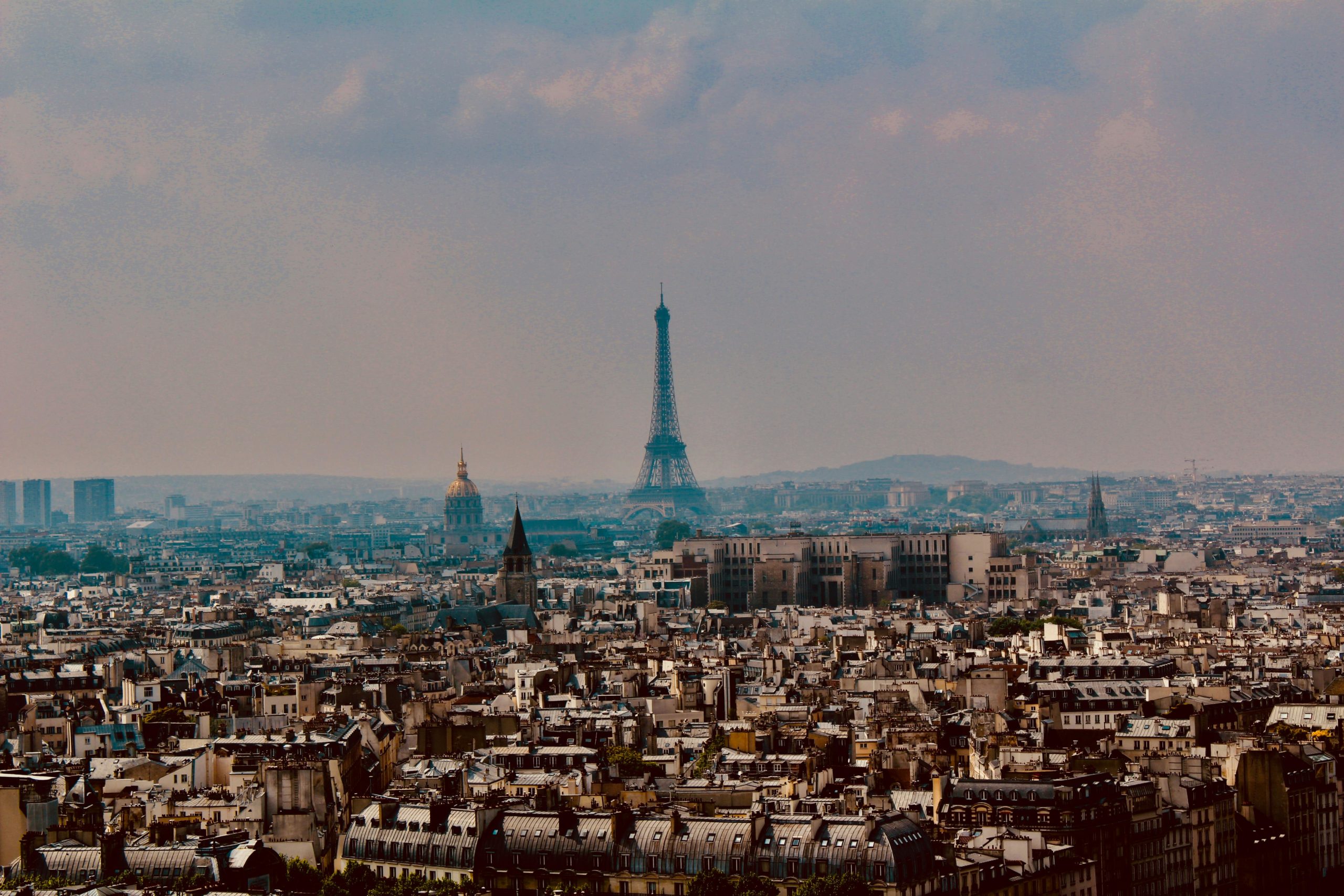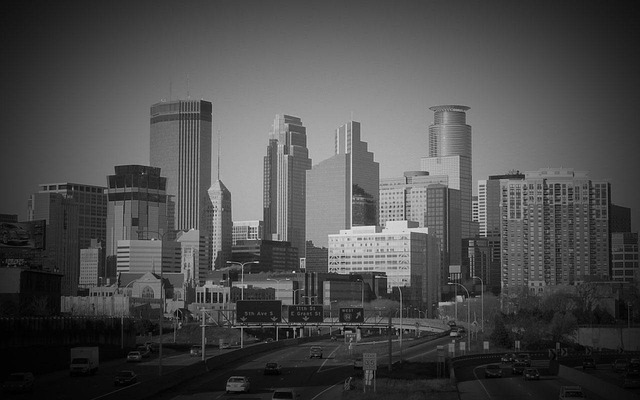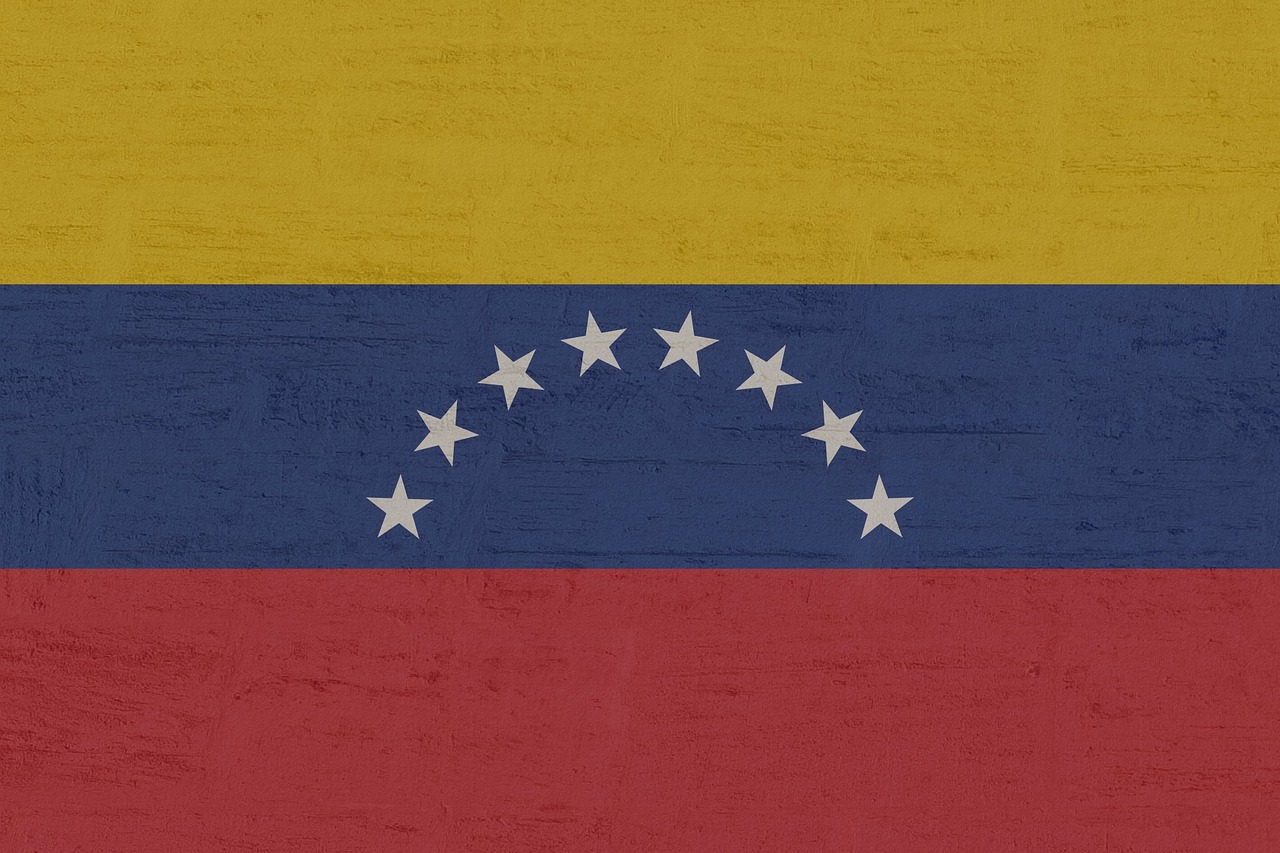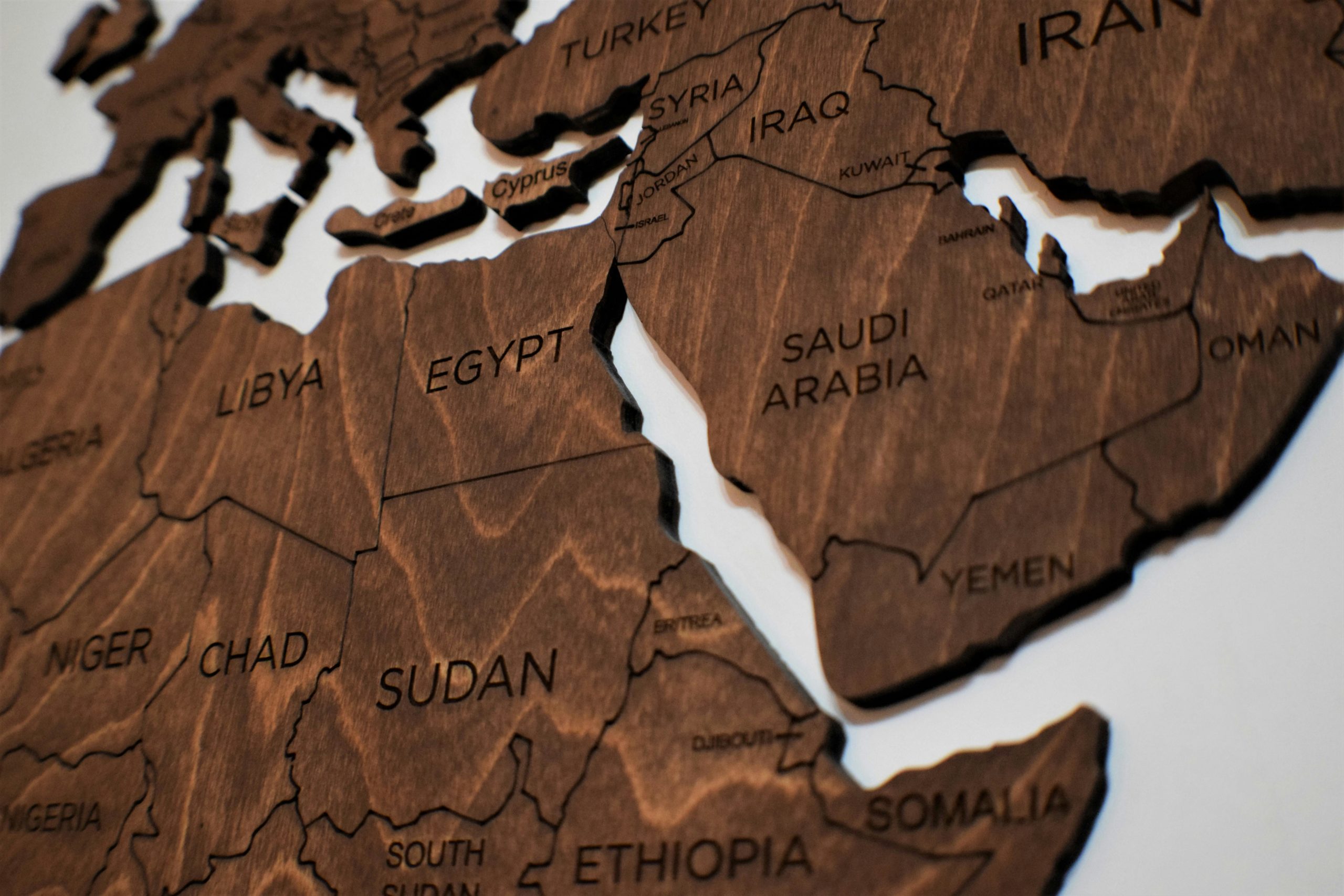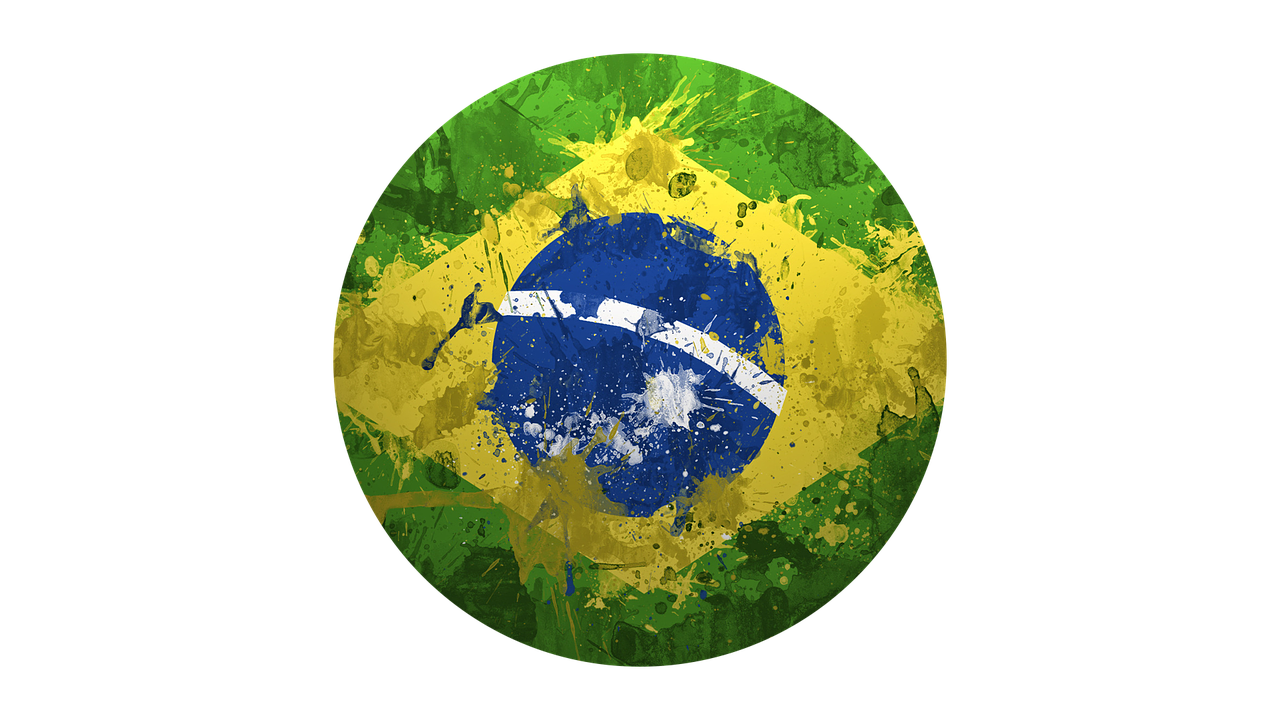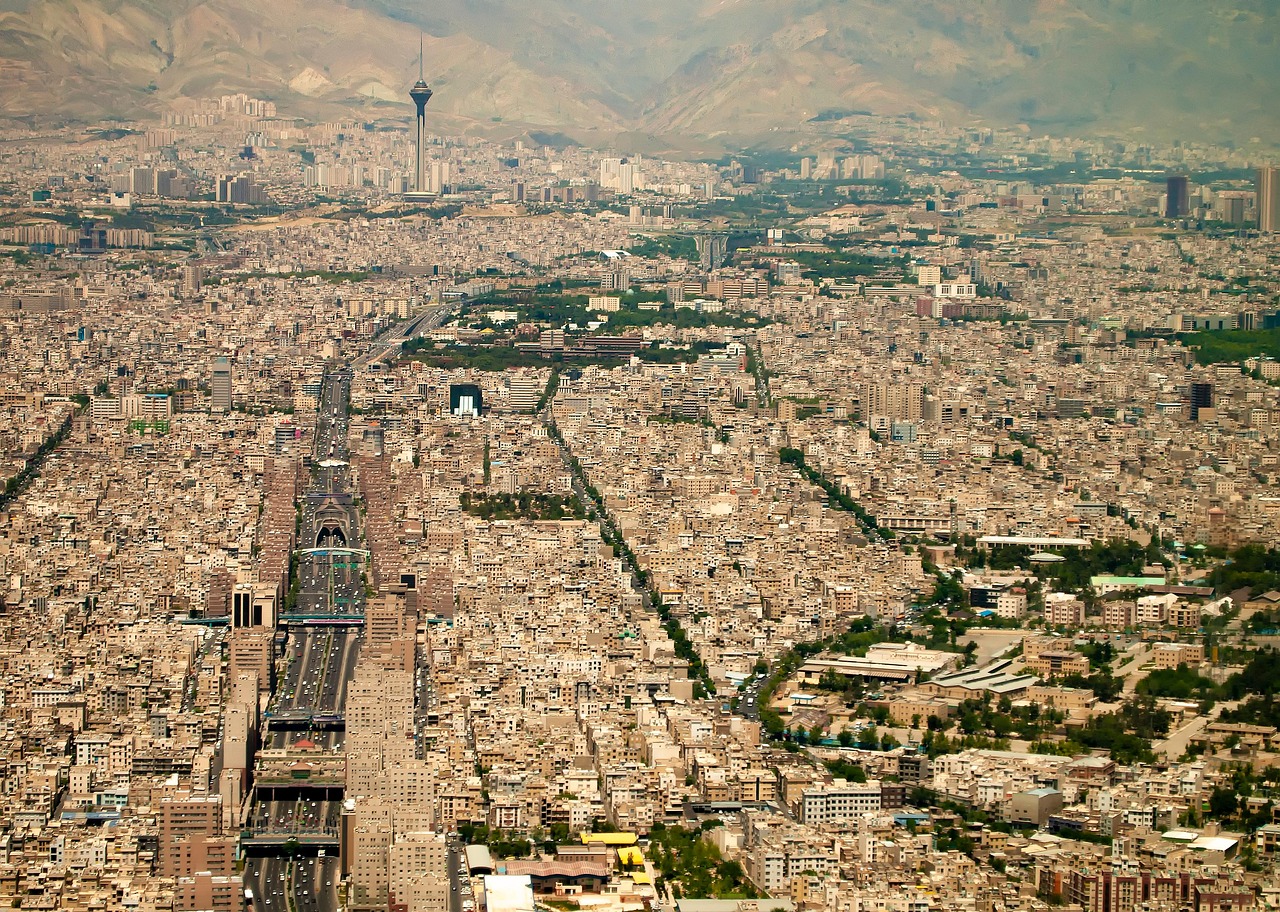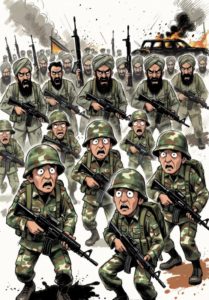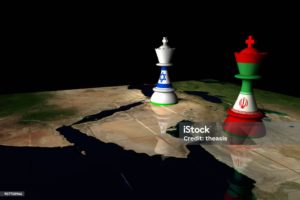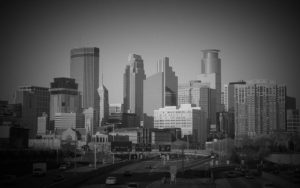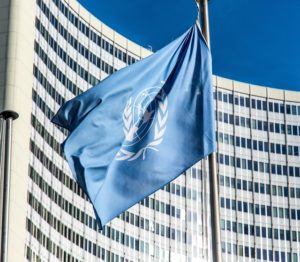Every commemoration held since the Islamic State attacks in Paris on 13 November 2015—at the Bataclan concert hall and on the terraces of eastern Paris—takes us back to some of the darkest hours the French capital had seen in decades. At a time when we fancied ourselves sheltered from the murderous tempests of a world at war, a group of young men intoxicated by jihadist adrenaline and steeped in discourses of hatred and violence came to strike on French soil. France suddenly became the symbol of the impure, the godless, the colonial, the imperialist land—punched in effigy for all Europeans and even the wider West. Proud as we were to believe ourselves protected, we were yanked overnight out of our lethargy, forgetting one simple truth: that these worlds are all interconnected—even in the darker side of globalisation—and that, like other countries accustomed to daily violence, we too stood on an ideological fault line where our enemies had already declared us part of their cycle of violence. The French flag—blue, white, red—was about to drown in red alone.
Those young delinquents who committed the irreparable a decade ago had indeed been armed ideologically—some would say spiritually or religiously—to take action and avenge the “Muslim world” for everything France had supposedly done to it. In reality, they were a band of petty misfits, ex-convicts jailed for minor offences, leaving prison pumped up by recruiters and hardened radicals who needed only to turn them against us.
Every 13 November reminds each of us exactly where we were, and with whom. As on 9/11, it is a date that carves itself into memory. I say this with particular tremor because, for me, 13 November 2015 felt like a grim repetition of another global tragedy. I was in Poland, returning to Kraków, after spending the entire day walking through the ruins of Auschwitz-Birkenau. Far from being a literary device, recalling this experience is necessary to show just how absurd human vengeance is, and how grotesque the theatre of human cruelty can be. Even standing physically on that ground, one still cannot grasp the why or the how. How do people arrive at such a point? What makes individuals feel entitled to avenge abstractions by slaughtering innocents? The Jews deported to Poland were just as innocent as the young people who went to the Bataclan for a night of music and joy. Ten years later, the inexplicable still reigns supreme.
Each commemoration revives our idealistic hope of “never again,” even though we know perfectly well that everything could happen again tomorrow. Not necessarily in the form of a paramilitary operation like that orchestrated by the Abaaoud cell that struck Paris and then Brussels in 2016—but because the reservoir of hatred and violence towards the country, the State, the police and political institutions has probably never been so full. The overflow of frustration, bitterness and incivility spills everywhere. Jihadist recruiters had plenty to draw from in the historical grievances used to stoke anti-French sentiment: France, the land of laïcité to be destroyed because it is seen as islamophobic; the country that shelters the largest Jewish population in Europe, thus branded as too Zionist and anti-Palestinian; the former colonial power that traumatised generations of immigrants’ descendants and must supposedly be avenged—it is all there.
It is precisely because we are still here to bear witness to that moment that tore France and the French apart that we have a moral obligation to remember the victims, to understand without excusing, and to try to draw lessons. But what lessons can there be, faced with terrorism in general—and without minimising France’s tragedy—when confronted with the acceleration of global violence, the unprecedented radicalisation of thousands of individuals in both religious and political spheres, in a world more polarised than ever, and while ISIS has officially fallen? How does one prevent the mass diffusion of lone-wolf attacks?
A decade later, the threat in Europe has multiplied. Despite a series of deradicalisation programmes launched mostly between 2015 and 2018, the ocean of risks has only grown: threats from various Islamist currents, the far-right, the far-left, eco-warriors, incels, the mentally unstable, the unhinged. Meanwhile, the State weakens—its authority and its capacity for sanction both erode. Most worrying is that some disturbed individuals are prepared to act with no fear of consequences, neither for themselves nor for society. Many radicals imprisoned before 2018 have already been released: who can guarantee they will not reoffend, when more than 60% of former inmates in France relapse within five years? Mental health has become one of the country’s major threats, worsened since the pandemic, and some now use “profitable causes” like jihadism—or other civilisational pretexts—to strike society. We have buried the Islamist threat beneath the heap of all the others, even though globally it remains a major menace—from the Sahel to the Maghreb, the Middle East, Central Asia, AfPak, and Southeast Asia. Paris is only one fragment of that hateful, corrosive magma. But it is a symbol: the supposed land of liberty, equality and fraternity. Many living in France reject that symbol outright.
Those who struck on 13 November were not foreigners: they were “children of the country” who never wanted—or never managed—to become part of it. That is precisely what still frightens us: the idea that part of the nation could turn its weapons on itself. In past wars, people turned against their neighbours, not their coreligionists or compatriots.
Our fear remains as vivid today as ten years ago because nothing in the minds of these attackers has truly been resolved. What happens in the banlieues or in certain French cities remains alarming. The jihadist threat is no longer confined to some distant battlefield: it is now diffuse, everywhere, with regular calls from multiple Islamist hotspots urging followers to strike France.
Ten years on, the Bataclan is not just a memory.
It is a warning.
And perhaps the most sobering illusion to abandon is that of “never again.”
